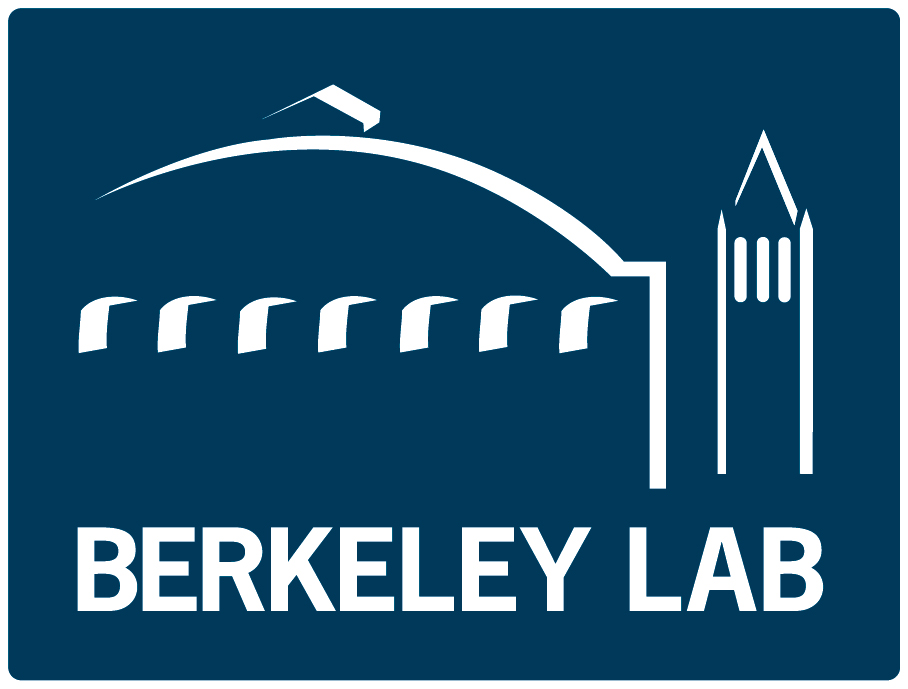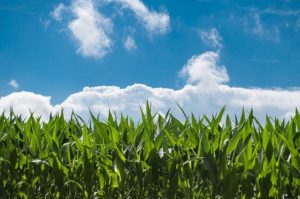Applications
- Efficient pretreatment of agricultural waste for conversion into fermentable sugars
- Sustainable bio-products from renewable plant materials
Advantages/Benefits
- High levels of sugar release
- Cost-effective due to efficient solvent recovery and reuse
- Lower energy input due to low temperature processing
- Effective with diverse feedstocks
Background
Traditional biomass pretreatment methods are often complex and involve harsh chemicals and high temperatures, making them costly and energy-intensive. The agricultural sector, especially in the United States, generates large amounts of lignocellulosic waste. This invention addresses these challenges by leveraging sterically unhindered, highly nucleophilic alkylamines that efficiently break down biomass under mild conditions, offering a sustainable alternative to conventional pretreatment techniques.
Technology Overview
Researchers at Berkeley Lab have developed a novel biomass pretreatment technology that employs sterically unhindered volatile alkylamines to break down plant waste into simple sugars. The inventors achieved over 99% glucose yield and 85% xylose yield after pretreating corn stover with an alkylamine for three hours at 80°C. Nearly one-hundred percent of these solvents can be recovered at low temperature and in high purity for reuse. This process is versatile and works well with diverse types of plant materials.
Development Stage
Proof of Concept
Principal Investigator(s)
- Xihui Kang
- Blake Simmons
- Joseph Palasz
- Ning Sun
Status
Patent pending
Opportunities
Available for licensing or collaborative research

